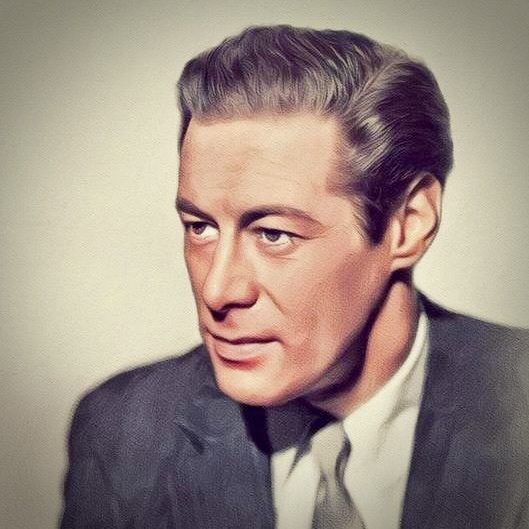“Everybody thinks if you’re an actor, and certainly if you’re an actor and on a television series, you must be doing very well,” Koenig said. “Well, I was barely making more than minimum the first season. The second season I was on the show … I had a contract. I was paid a week’s wage whether I worked a day or a week. So I made a little bit more. Whereas I made $10,000 for the whole year in 1967, I made $11,000 in 1968. Well, that’ll only go so far.”
$10,000 in 1967 is equivalent in purchasing power to about $92,911.98 today, an increase of $82,911.98 over 57 years. The dollar had an average inflation rate of 3.99% per year between 1967 and today, producing a cumulative price increase of 829.12%.
While not A list pay, that’s still not bad and a livable wage, unless I’m missing something obvious.
I think it’s about the continuation of pay. If you made $100,000 this year but then make nothing next year… Your average really starts pulling that number down.
I live in California. Individuals making less than $130k per year can get financial assistance.
What? How??
That’s one way and it depends on the median household income of the county. Help is available through to moderate income.
First paragraph and the charts are the main thing.
Interesting - thank you, kind internet stranger!
deleted by creator

An absolute shame as he’s honestly a wonderful actor.
Edit; GIF isn’t working properly on my end, should be a face fall.
After Shatner and Nimoy, I think Koenig got more work after Star Trek than anyone else. Babylon 5 sure didn’t hurt.
When I picture Koenig, I think of Bester, not Chekov. He was amazing in Babylon 5.
I know TV was different then, and they were making Trek the Kirk/Spock and sometimes McCoy show, but man, Chekov should’ve been more than just a comedy relief character with a bad accent.
I seem to recall him writing some good episodes of Land Of The Lost during this period.
I do wonder if the current age of television means actors are less likely to be typecast after working on a franchise.





